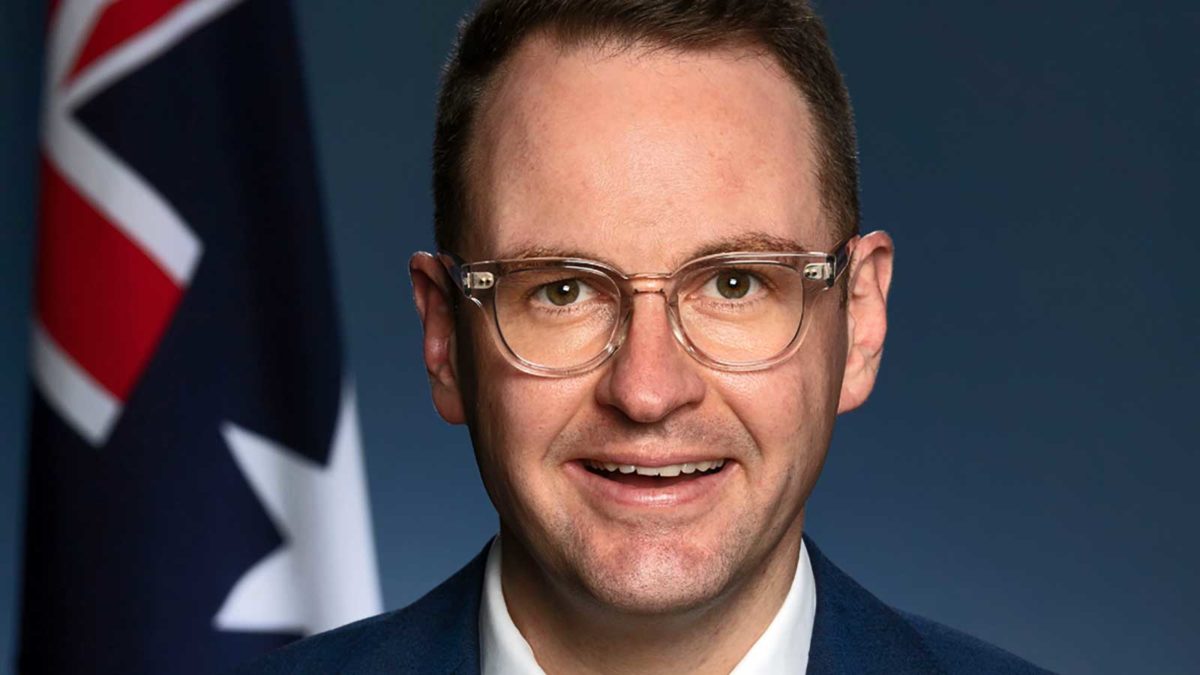ASIC narrows super ‘insider trading’ investigation
ASIC’s investigation into potential “insider trading” at a number of superannuation funds appears to be approaching its end – but the issue seems far from settled.
Accusations of “insider trading” at some of Australia’s largest super funds were first made by Liberal MP Tim Wilson, who accused unnamed executives and employees of switching from investment options that were exposed to unlisted assets prior to those assets being revalued when the market fell sharply in early 2020.
ASIC ultimately launched an investigation into the matter, finding “conduct that fell below (its) expectations” with super funds failing to institute “robust conflict of interest policies that dealt adequately with investment switching”, but the substance of the claims – that employees had used inside information to profit – has so far not been proven.
Responding to questions on notice from Liberal senator Andrew Bragg (picture at top) in late December, ASIC said that it had scrutinised the investment decisions of 67 individuals across 23 funds and narrowed their focus to just four individuals. Others were eliminated on the basis that their trades did not occur within close proximity of unlisted asset revaluations, were made without access to sensitive information, or caused the individual to suffer a financial loss or be placed at a disadvantage as a result.
“We looked at whether there was insider trading, and as a technical matter of law there was not,” ASIC commissioner Danielle Press told the joint standing committee on corporations in November 2021. “We also looked at their conflict management policies and found some deficiencies in the firms’ conflict management policies. We are working with those firms and APRA to ensure that they are corrected.”
Joe Longo, ASIC’s new chairman, later clarified that the accusations did not fit the bill of insider trading as it was not a case of “someone trading or dealing in securities while in possession of price sensitive information”.
“The way I would characterise it and the way we would frame it is it’s a bit of an abuse of position, misuse of information as a director, knowing there might be a revaluation of liquid assets and then taking a step in your own interests… so it’s a breach of directors’ duty sort of problem,” Longo told the same hearing. “And it’s very fact sensitive. So, I think it’s a legitimate issue.”
However, ASIC’s investigation did uncover inadequate oversight of investment switching, with trustees relying on executives and directors to self-report switching, while many did not have visibility over the actions of related parties, including family members.
“We expected superannuation trustees to have robust conflict of interest policies that dealt adequately with investment switching, including by their directors and executives,” Press said in October. “What we found instead was often a clear failure to identify investment switching as a source of potential conflict, resulting in a lack of restrictive measures and oversight to adequately counter this risk.”
“This is very concerning given the level of sophistication and governance required of trustees when managing millions of dollars in assets on behalf of fund members.”
Wilson’s initial accusations created widespread consternation across the industry, with some doubting their veracity or whether the actions actually constituted insider trading.











